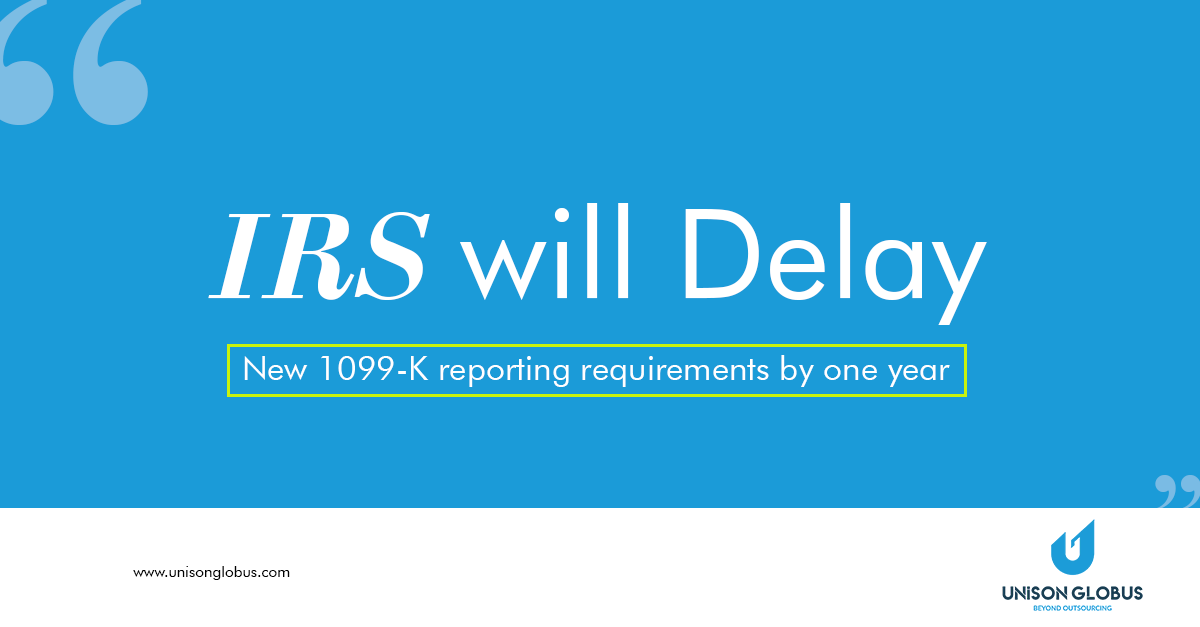The Internal Revenue Service (IRS) delays the implementation of the tax reporting change for payment apps like Venmo and PayPal, which will be great news for small company owners and millions of Americans.
As a result, for this tax season, the reporting requirement for payments exceeding $20,000 and 200 transactions in a calendar year will remain unchanged, as opposed to the drastically lower new amount of $600.
“To help smooth the transition and provide clarity for individuals, tax professionals, and the business community, the IRS will delay implementing the 1099-K adjustments. The additional time will eliminate uncertainty during the forthcoming tax filing season of 2023 and provide taxpayers more time to prepare for and comprehend the new reporting obligations.” In a press statement, interim IRS Commissioner Doug O’Donnell stated, “The IRS and Treasury heard several concerns about the implementation schedule for these modifications under the American Rescue Plan.”
The American Rescue Plan (ARP) established this lower threshold in March 2021. The new regulations compel users to disclose financial transactions via payment applications such as Venmo, PayPal, Stripe, and Square for goods or services over $600 in a calendar year.
In addition, the IRS will “soon” publish further information to aid taxpayers and the sector, as well as additional information regarding the delay.
Sen. Joe Manchin (D-W.Va.), a staunch opponent of the new rule, issued the following statement in response to the agency’s announcement: “I am delighted that the Treasury Department and the Internal Revenue Service listened to my request to delay the 1099-K reporting requirement that will damage small businesses and people who sell things online throughout the United States. This will give Congress additional time to amend this regulation, which imposes an excessive burden on our small businesses. I will continue to work with Treasury and my bipartisan colleagues to find a lasting solution that promotes small companies in West Virginia and throughout the United States.”
As previously reported by GOBankingRates, in mid-december, Sens. Joe Manchin and Bill Hagerty (R-Tennessee) proposed an amendment to the $1.7 billion spending package to boost the reporting threshold for third-party payment networks such as Venmo and PayPal from $600 to $10,000. Manchin told CNBC that the $10,000 barrier is the best possible relief for individuals.
Why does this make sense for taxpayers?
Form 1099-K is an informational form often supplied to small business owners or freelancers who receive payments of revenue from a customer via a third-party payment system (e.g., PayPal, Venmo, or Cash App), which is typically considered self-employment income. However, due to the simplicity of Venmo, PayPal, and Cash App, many consumers use these apps to pay for both personal and business-related expenses.
Consider a group of friends who eat lunch or dinner together regularly, and one covers the tab. After the meal, friends reimburse each other via Venmo. Unless the account or payment is labelled as personal, an annual sum above $600 will trigger a reporting requirement. The recipient may receive a Form 1099-K, and the IRS will want this income to be recorded on their tax return. Only correctly categorized business payments (goods or services) will generate Form 1099-K. If a taxpayer feels the amount is not taxable and omits it from their tax return, it will create a discrepancy with IRS systems, which could result in a notice of adjustments and penalties.
If the payments are taxed, taxpayers will be able to justify why they should not be included in their income. By decreasing the barrier from $20,000 to $600, the amount of Forms 1099-K issued will grow dramatically. The delay should give taxpayers more time to acquaint themselves with the rules and, more significantly, to properly distinguish between personal and business payments to prevent incorrectly recognized payments from being reported on Form 1099-K at the end of the year.
The core reason the IRS delayed this?
This is in response to the public’s serious concerns regarding the ability to comply and the misunderstanding among taxpayers regarding how to report Form 1099-K on income tax returns. The IRS determined that a transition time was necessary due to a lack of public advice and a substantial increase in the load on electronic payment networks.
The IRS acknowledges public concern regarding the ability of TPSOs to comply with the Form 1099-K level of $600. It also believes that people need clarification about how to disclose Form 1099-K payments on their tax returns. Treasury’s Office of Tax Policy and the Internal Revenue Service have received numerous calls and letters from the public and Congress on the Form 1099-K reporting adjustments.
During this transitional time, we anticipate the IRS will issue advice and disseminate information to assist taxpayers with future compliance with the new rules.
Wrap up!
The IRS is delaying by one year the reduction of the threshold for filing Form 1099-K. The $20,000 and 200-transaction limits will remain effective until December 31, 2023.
The rules regarding the reporting of income will not change. Everyone who receives taxable income through third-party networks must still track and report their income. Want to do tax preparation outsourcing? Contact professionals now.





